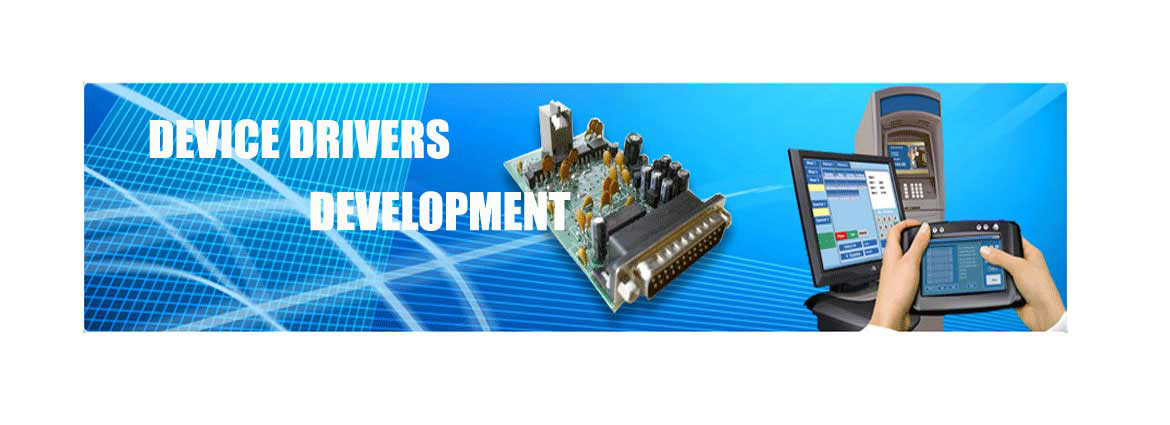
For Corporates & Industries
About Linux Device Driver Training
To learn & explore the development of Device Drivers and to have a sound knowledge on implementing the device drivers for your Product and services.
LINUX DEVICE DRIVER TRAINING Course is about developing device drivers for linux, how device drivers work with the Linux kernel, how drivers can be compiled and loaded, how drivers can be debugged, and other essential topics. LINUX DEVICE DRIVER TRAINING course is designed for new Linux device drivers software engineers. Participants should have C experience, be able to execute basic Unix commands, and have some experience with gcc, gdb, and make basic Gnu tools.
Embedded Linux Device Driver training helps in understanding of the essentials of Linux device drivers, purpose and functionality of device drivers and how Compiling and linking device drivers does is processed. Register today at the website to learn more and call us directly at the help desk.
- Learning about device tree & kernel source tree.
- Learning about development of Char & Block derivers.
- Implementing drivers in OS and analysis.
- Understanding the Linux Kernel, Third Edition 3rd Edition by Daniel P.Bovet, Marco Cesati.
- Linux Device Drivers, Third Edition by Jonathan Corbet, Alessandro Rubini, Greg Kroah-Hartman.
LINUX DEVICE DRIVER TRAINING HIGHLIGHTS
Course Duration
30 working days
8 WeekendsLearners
50000
Delivery Mode
Class Room Training
Apply Online
LINUX DEVICE DRIVER COURSE CURRICULUM
Schedule of Topics
| Session 1 | File I/O & Filesystems
|
Introduction to Devices & Accessing Drivers
|
| Session 2 | Kernel Compilation and Kernel Modules
|
Writing Kernel Modules & Input drivers
|
| Session 3 | Char Drivers
|
Debugging Techniques
|
| Session 4 | Block Drivers& Memory Mapped Device Access
|
Debugging System Faults
|
| Session 5 | Practical sessions on Embedded board
|
Practical sessions on Embedded board
|
Method of Instruction
The Sessions will be carried out as theory & practical sessions. In order to provide to-the-best service to the clients, it is advised to have 1 system & Board /attendee. Practical sessions will be carried out in Both Virtual Machines / Linux systems and in Target Embedded boards. Several Case studies which mainly impact on the importance of Embedded Linux systems will be discussed.
Requirement:
Raspberry Pi 2 with touchscreen for participant. Kindly Arrange on it.
Attendance
The audience can be from any Industrial Sector or R&D Division, who has the interest in migrating to Embedded Linux with the following pre-requisites.
C Programming
Programming in GNU/Linux
Microprocessors
